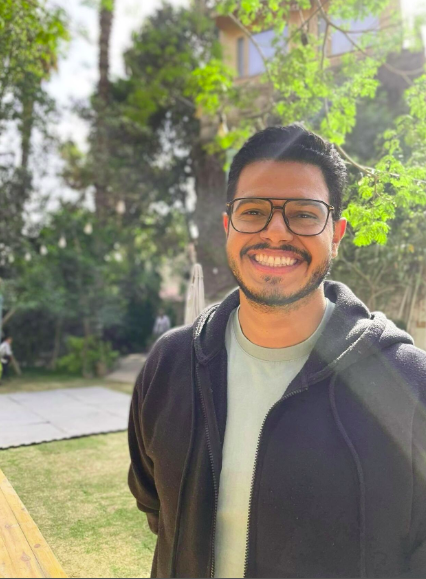When Thomas Baignères, the cofounder of French messaging app Olvid, did his routine check of company metrics last Friday morning, he thought there had been a mistake. Before he had even had his breakfast, there had been 756% more app downloads than the entire day before.
The previous evening, the startup had announced that it was set to become the main communication platform for members of the French government, after prime minister Élisabeth Borne asked ministers and their staff to deploy Olvid on their phones and laptops to replace other messaging apps used for work purposes.
Olvid will be used alongside Tchap, an app designed and managed by the French administration that launched five years ago but is only intended for internal communications between public officials.
In a note seen by Sifted, the prime minister gave government members until today to make the switch and described the move as a step towards “greater French technological sovereignty”.
“Members of the government need messaging apps and they usually end up using solutions like WhatsApp or Signal,” says Olvid’s Baignères.
“But for confidential exchanges or information that is of interest to France, it’s normal to enhance protection.”
The made-in-France app was deemed safer than other existing mainstream apps — digital minister Jean-Noël Barrot went so far as to tweet that Olvid is the safest app “in the world”.
But as members of the government rush to sign up to the platform by the deadline, critics have expressed concern that the move was driven by political imperatives rather than technical ones.
Protecting personal data
Olvid looks similar to a traditional messaging platform — except that it doesn’t require any personal data at all from its users.
“The first thing you notice when you use Olvid is that we don’t even ask for an email address or a phone number to create an account,” says Baignères.
In other words, users’ accounts are not associated with any of their personal contact information — but this also means that they can’t connect to other people by searching for their number or email.
“People are often surprised when they open the app for the first time, because there’s no suggested contact list,” says Baignères.
Instead, users generate a conversation by scanning each others' QR codes or, if they are not face to face, sending an invite link by text.
This is known as a “decentralised repertory”. Unlike the majority of messaging apps, in which users have to share their contact data with a central repertory in order to get in touch with other people and be found by them, Olvid users can connect without ever sending personal information to a central server managed by the app provider.
“The promise we make to the public is that we give them access to a messaging app that is genuinely free — genuinely, because it has access to no personal data about them,” says Baignères.
The company makes money by offering optional services for businesses — for example to support and manage the deployment of Olvid company-wide.
Better than Signal?
Olvid’s decentralised architecture is combined with end-to-end encryption that protects users’ communications — and was considered the safest option by the government.
The app is also the only messaging app platform that has been certified by France’s National Agency for the Security of Information Systems (ANSSI).
Without naming any specific competitor, the prime minister stated in her note that “mainstream apps” have security flaws and their usage by ministers and their staff is a threat — whereas Olvid can guarantee a higher level of data protection.
Critics disagree. Meredith Whittaker, the president of Signal — an app that has made a name for itself for the high degree of safety it provides to users — took to social media to express her “alarm” that a high-ranking politician would make such claims against other apps’ safety.
“The claim is not backed by any evidence and is dangerously misleading, especially coming from government,” tweeted Whittaker.
“If you want to use a French product go for it! But don’t spread misinformation in the process. Signal is independently audited, open source and our protocol has been tested for over 10 years.”
Baptiste Robert, cybersecurity researcher and founder of cyber company Predicta Lab, says that although Olvid’s model is interesting, it’s too early to tell if it provides a higher level of safety than other apps.
“Making something that works is not very difficult. Making something that works for millions of people is extremely different,” says Robert.
Olvid currently has 100k users — but expects that the government announcement could double that number.
Once it reaches tens of millions of users, it can truly be compared to an app like Signal, says Robert.
A French app for the French government
The government has not shied away from admitting that the decision to prioritise Olvid’s services was also driven by the desire to rely on homegrown services for key communications.
“This is not about discrediting Signal," says digital minister Jean-Noël Barrot. "With the safeguarding of our communications, we are making the political choice of sovereignty."
“The fact that we are French probably did play a role,” says Baignères.
Olvid is now focused on looking after its growing user base but is confident in its ability to scale. “We have been preparing for this from the start,” says Baignères. “We’re already thinking about what happens when we reach WhatsApp’s billions of users.”
Update: This article was updated on 12 December to reflect digital minister Jean-Noël Barrot's take on Signal.


